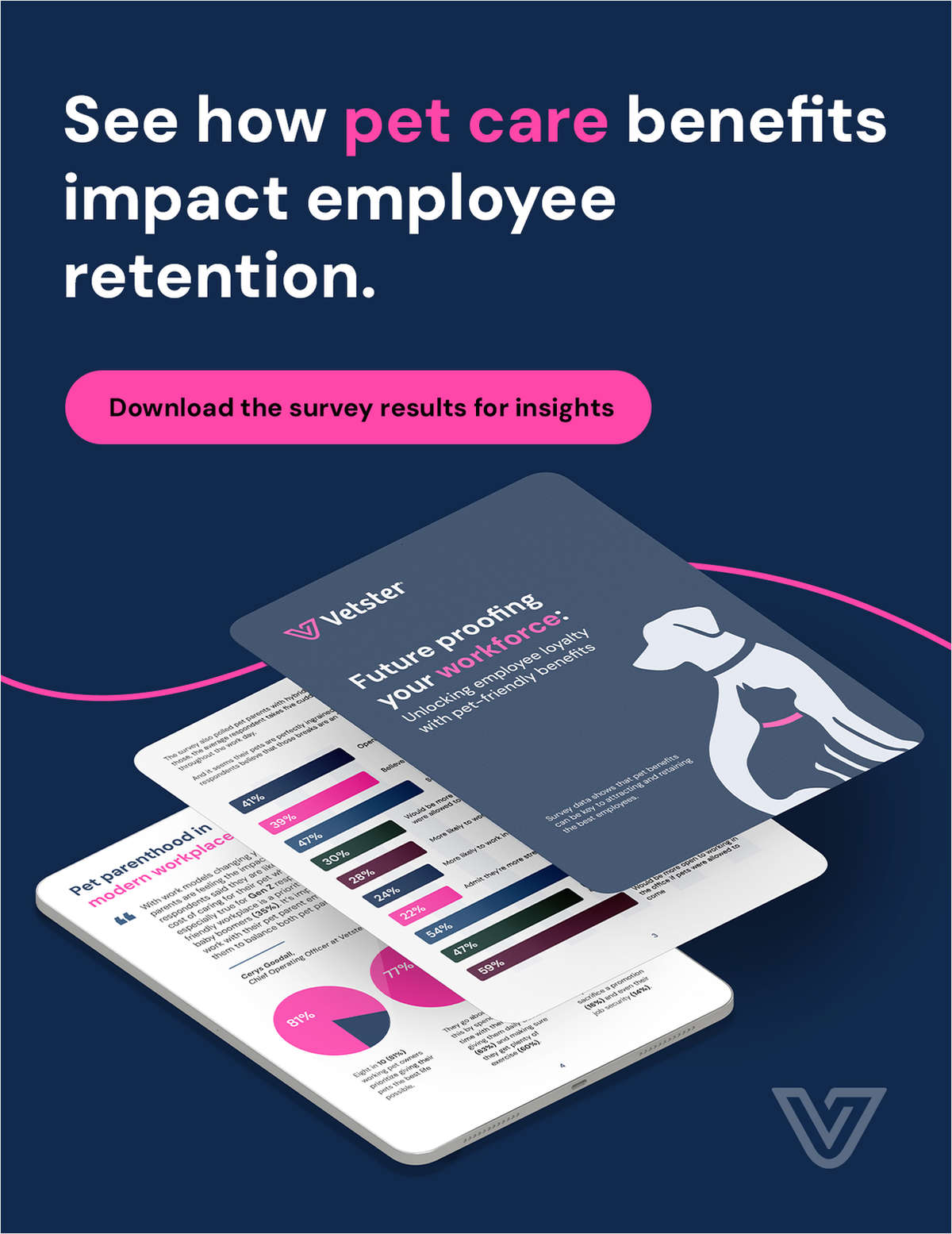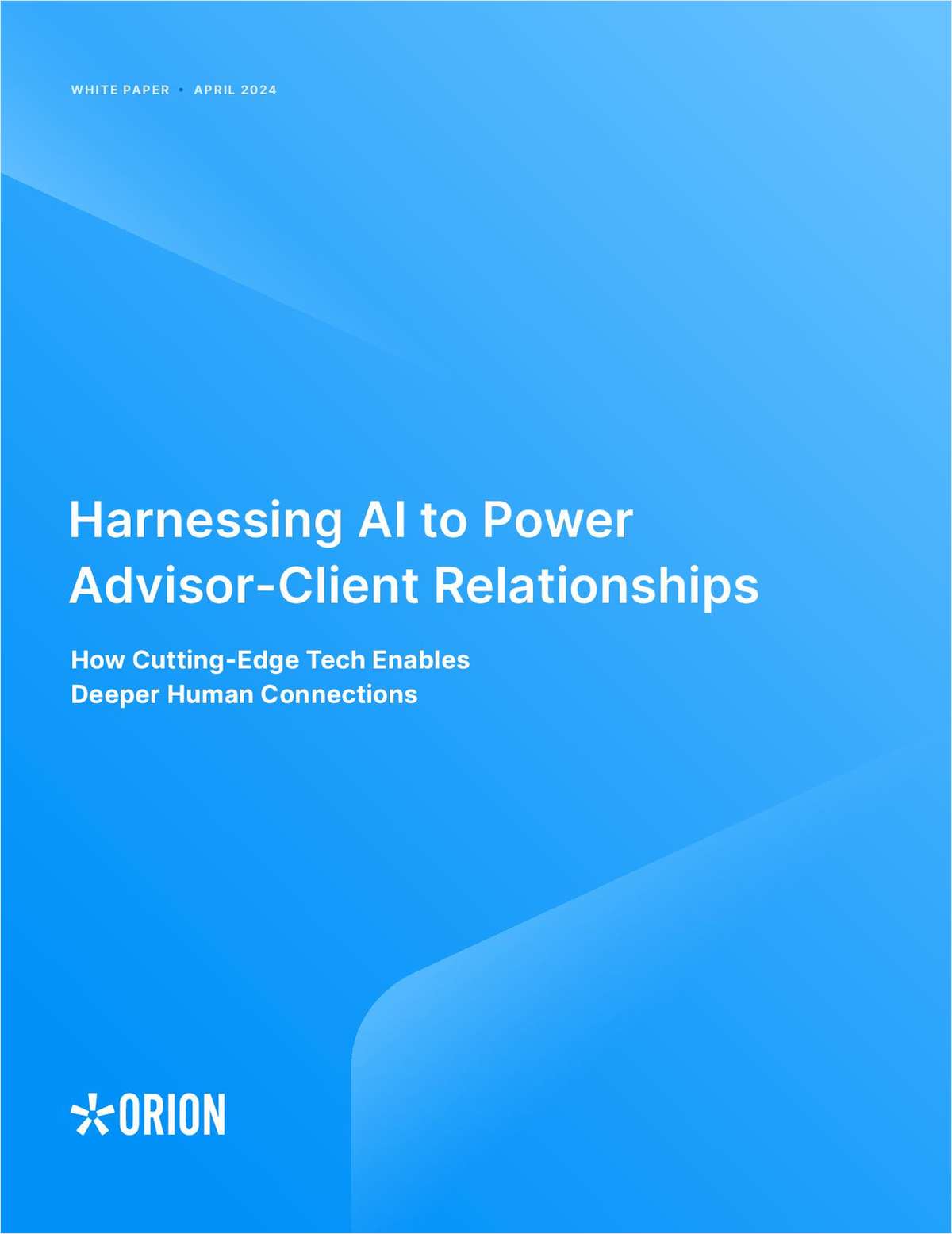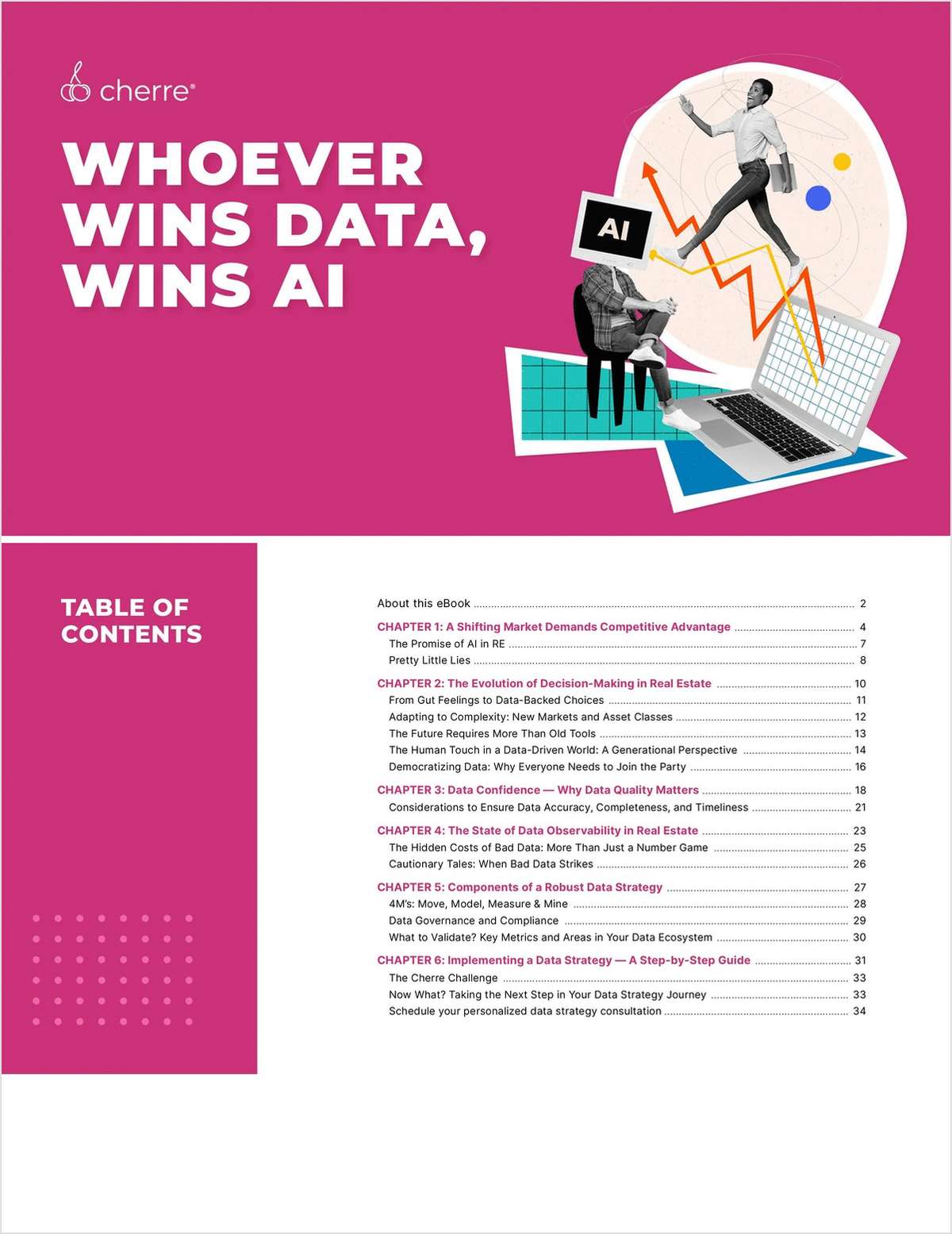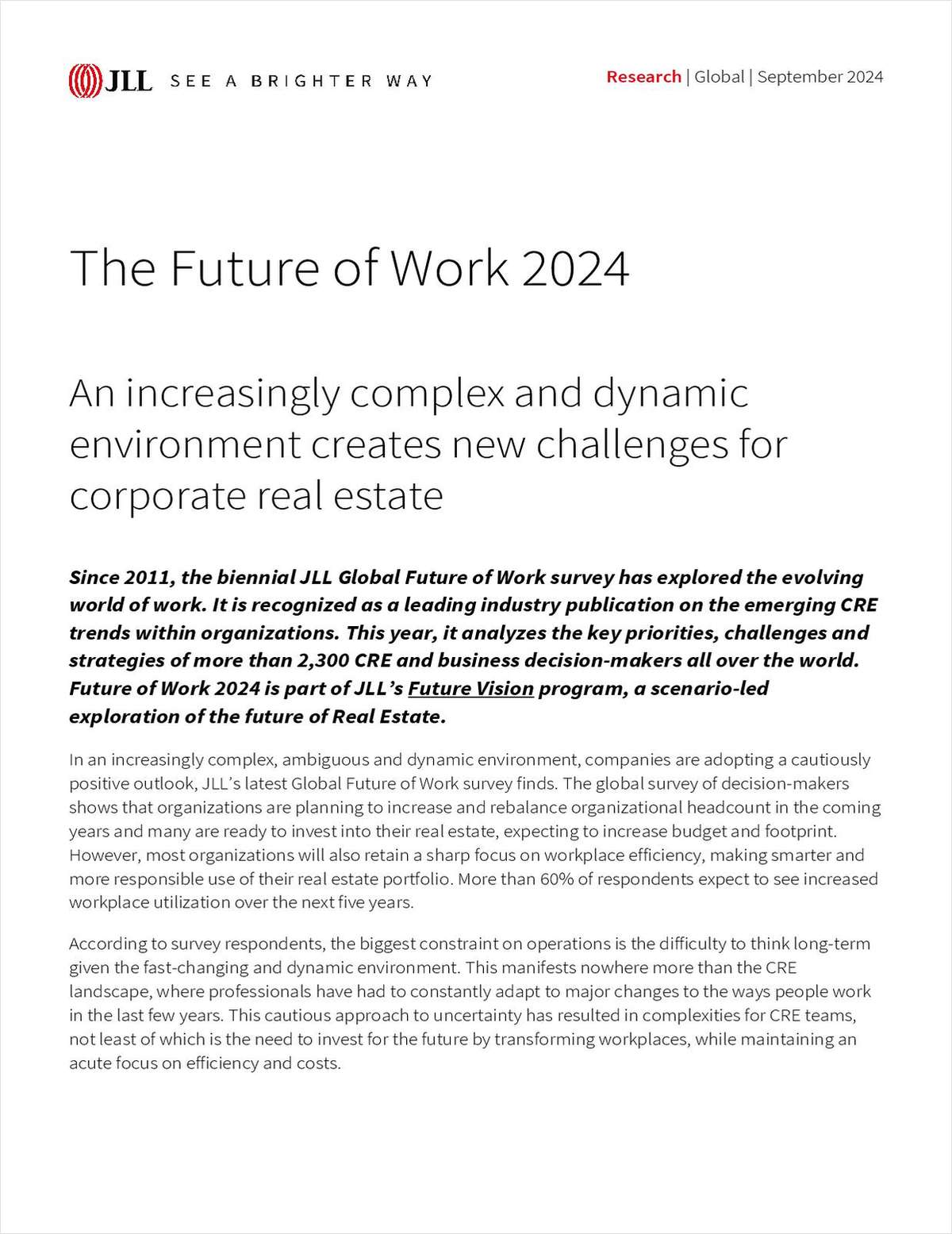 The U.S. Supreme Court building in Washington, D.C.
The U.S. Supreme Court building in Washington, D.C.SCOTUS Tackles Employment Issues in Upcoming Term
The Supreme Court sets the stage for game-changing 2019 term for employers.
August 28, 2019 at 09:00 AM
5 minute read
The original version of this story was published on National Law Journal
Between gerrymandering and the "citizenship''" question, the U.S. Supreme Court concluded its 2018 term with a bang. The high court is primed for further fireworks in its 2019 term, where it will decide several cases with game-changing potential and far-reaching consequences for employers. This includes whether Title VII prohibits discrimination based on sexual orientation, sex/gender identity or both.
In two cases, the Supreme Court will address causation standards on certain employment claims. The element of a causal connection has been the subject of scrutiny since the high court's ruling in 2013 in University of Texas Southwestern Medical Center v. Nassar. There, the court held that a causal connection for Title VII retaliation claims is shown if the employee demonstrates that the adverse employment action would not have occurred "but for" the employee's protected activity.
In the upcoming term, in Comcast v. National Association of African American-Owned Media, the Supreme Court will decide whether "but for" causation is required for race discrimination claims under Section 1981. Similarly, in Babb v. Wilkie, the court will decide whether "but for" causation is required under the federal-sector provision of the Age Discrimination in Employment Act. While Babb is limited to federal employers, the court's decision in Comcast will impact all employers.
In another case, Intel Investment Policy Committee v. Sulyma, the court will address the statute of limitations under [the Employee Retirement Income Security Act]. Specifically, the court will decide when a plaintiff discovers his or her claim under ERISA, thereby starting the running of ERISA.'s three-year statute of limitations. The case is particularly interesting because there is no dispute that the plaintiff, Christopher Sulyma, received information necessary to bring an ERISA claim. Sulyma, however, alleges that he did not read—or could not remember reading—the information he received.
The high court will decide a similar issue in a separate case, Rotkiske v. Kelmm. This case involves the Fair Debt Collection Practices Act. But the court is not focused on the specifics of the FDCPA. Rather, it will decide whether the "discovery rule" applies to toll the one-year statute of limitations. The "discovery rule" is the legal doctrine on which both Intel and Rotkiske are based. As such, it's fair to say that Intel and Rotkiske are related cases, even though each case deals with a separate federal law.
Finally, in a series of related cases, the court will decide whether Title VII prohibits discrimination based on sexual orientation, sexual/gender identity or both. The three cases are: (1) R.G. & G.R. Harris Funeral Homes v. EEOC; (2) Bostock v. Clayton County, Georgia; and (3) Altitude Express v. Zarda. Each case has similar but distinct facts, and each case presents with similar procedural histories. This issue has been working its way through the lower courts for some time. Title VII prohibits discrimination based on race, color, national origin, religion and sex. Sexual orientation and gender identity are absent from the statute's express language. For its part, in 1989, the Supreme Court held that sex discrimination based upon sexual stereotyping violates Title VII. Accordingly, courts have largely agreed that Title VII prohibits discrimination based on an employee not conforming to his or her sex stereotype—e.g., not dressing "like a female" or acting "like a man." But the Supreme Court has never held that sexual orientation or gender identity falls under Title VII's definition of "sex."
What Can We Expect?
It's difficult to say how the court will rule. The issue of sexual orientation has been more widely litigated, and the federal courts of appeals are currently split, with only some of the courts holding Title VII does not prohibit such discrimination because "sexual orientation" is not included in the express language of the statute.
Comparatively, "gender identity" is a relatively new argument. The argument arrives at the court on the heels of the [Equal Employment Opportunity Commission] successfully asserting it before the U.S. Court of Appeals for the Sixth Circuit. The Sixth Circuit affirmed that discrimination against employees, either because of their failure to conform to sex stereotypes or because of their transgender and transitioning status, is illegal sex discrimination under Title VII.
Further complicating these cases, the United States has taken competing positions. While the EEOC continues to champion its argument, the DOJ has plainly come out against it. One thing is for sure—regardless of how the court decides these cases, the 2019-2020 term will have far-reaching consequences on employers and the workplace.
Zachary Busey is a member of Baker, Donelson, Bearman, Caldwell & Berkowitz's labor and employment group in Memphis, Tennessee. He concentrates his practice in employment and general litigation and assists clients with claims regarding harassment, discrimination, wrongful termination and wage and hour violations.
This content has been archived. It is available through our partners, LexisNexis® and Bloomberg Law.
To view this content, please continue to their sites.
Not a Lexis Subscriber?
Subscribe Now
Not a Bloomberg Law Subscriber?
Subscribe Now
NOT FOR REPRINT
© 2024 ALM Global, LLC, All Rights Reserved. Request academic re-use from www.copyright.com. All other uses, submit a request to [email protected]. For more information visit Asset & Logo Licensing.
You Might Like
View All

Trending Stories
Who Got The Work
Michael G. Bongiorno, Andrew Scott Dulberg and Elizabeth E. Driscoll from Wilmer Cutler Pickering Hale and Dorr have stepped in to represent Symbotic Inc., an A.I.-enabled technology platform that focuses on increasing supply chain efficiency, and other defendants in a pending shareholder derivative lawsuit. The case, filed Oct. 2 in Massachusetts District Court by the Brown Law Firm on behalf of Stephen Austen, accuses certain officers and directors of misleading investors in regard to Symbotic's potential for margin growth by failing to disclose that the company was not equipped to timely deploy its systems or manage expenses through project delays. The case, assigned to U.S. District Judge Nathaniel M. Gorton, is 1:24-cv-12522, Austen v. Cohen et al.
Who Got The Work
Edmund Polubinski and Marie Killmond of Davis Polk & Wardwell have entered appearances for data platform software development company MongoDB and other defendants in a pending shareholder derivative lawsuit. The action, filed Oct. 7 in New York Southern District Court by the Brown Law Firm, accuses the company's directors and/or officers of falsely expressing confidence in the company’s restructuring of its sales incentive plan and downplaying the severity of decreases in its upfront commitments. The case is 1:24-cv-07594, Roy v. Ittycheria et al.
Who Got The Work
Amy O. Bruchs and Kurt F. Ellison of Michael Best & Friedrich have entered appearances for Epic Systems Corp. in a pending employment discrimination lawsuit. The suit was filed Sept. 7 in Wisconsin Western District Court by Levine Eisberner LLC and Siri & Glimstad on behalf of a project manager who claims that he was wrongfully terminated after applying for a religious exemption to the defendant's COVID-19 vaccine mandate. The case, assigned to U.S. Magistrate Judge Anita Marie Boor, is 3:24-cv-00630, Secker, Nathan v. Epic Systems Corporation.
Who Got The Work
David X. Sullivan, Thomas J. Finn and Gregory A. Hall from McCarter & English have entered appearances for Sunrun Installation Services in a pending civil rights lawsuit. The complaint was filed Sept. 4 in Connecticut District Court by attorney Robert M. Berke on behalf of former employee George Edward Steins, who was arrested and charged with employing an unregistered home improvement salesperson. The complaint alleges that had Sunrun informed the Connecticut Department of Consumer Protection that the plaintiff's employment had ended in 2017 and that he no longer held Sunrun's home improvement contractor license, he would not have been hit with charges, which were dismissed in May 2024. The case, assigned to U.S. District Judge Jeffrey A. Meyer, is 3:24-cv-01423, Steins v. Sunrun, Inc. et al.
Who Got The Work
Greenberg Traurig shareholder Joshua L. Raskin has entered an appearance for boohoo.com UK Ltd. in a pending patent infringement lawsuit. The suit, filed Sept. 3 in Texas Eastern District Court by Rozier Hardt McDonough on behalf of Alto Dynamics, asserts five patents related to an online shopping platform. The case, assigned to U.S. District Judge Rodney Gilstrap, is 2:24-cv-00719, Alto Dynamics, LLC v. boohoo.com UK Limited.
Featured Firms
Law Offices of Gary Martin Hays & Associates, P.C.
(470) 294-1674
Law Offices of Mark E. Salomone
(857) 444-6468
Smith & Hassler
(713) 739-1250












